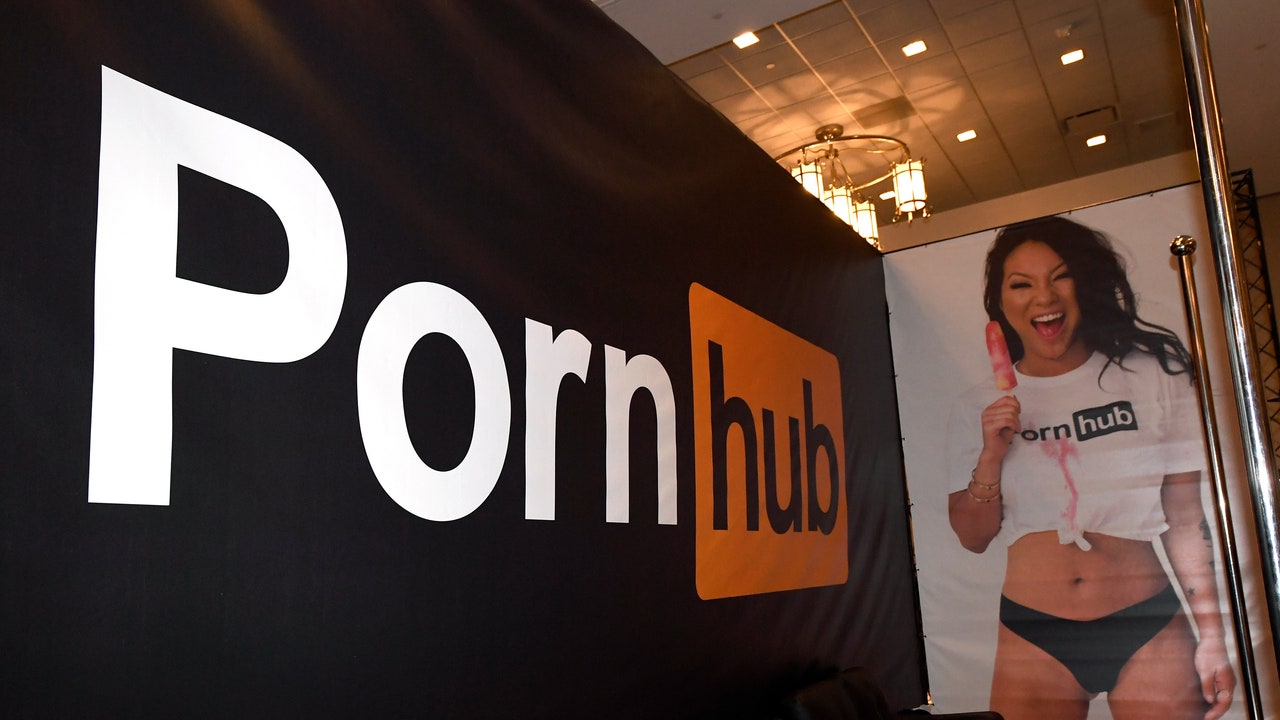The Supreme Court spent Wednesday talking muddy—in the least sexy sense possible. The nation’s highest court heard arguments about whether Texas is v
The Supreme Court spent Wednesday talking muddy—in the least sexy sense possible. The nation’s highest court heard arguments about whether Texas is violating the US Constitution’s First Amendment by requiring that its porn-seeking citizens verify their age using a valid government-issued ID or a face scan before they can access the adult content. A group called the Free Speech Coalition—comprised of free speech organizations like the ACLU and members of the adult content industry—is fighting against the law, while Texas Attorney General Ken Paxton makes the state’s case.
The arguments contained something of a walk down porn’s memory lane while the justices discussed the many forms that the content has taken and how legal age requirements have been enforced, from “squiggly lines on cable TV” to “printed smut” and “girly” magazines. The term “Dial-a-Porn” was even mentioned, cementing the utterance of the forebears of today’s popular audio erotica apps forever into the Library of Congress via the court transcript.
Supreme Court Justice Samuel Alito just couldn’t resist referencing the elderly “I read it for the articles” joke from the bench, too, asking, “What percentage of the material on that is not obscene? Is it like the old Playboy magazine? You have essays on there by the modern-day equivalent of Gore Vidal and William F. Buckley Jr.?”
Derek Shaffer, arguing against the age-verification laws on behalf of the Free Speech Coalition, had to admit: “Not in that sense. But in the sense you have sexual wellness posts about women recovering from hysterectomies and how they can enjoy sex, that’s on there.”
Alito was also curious to know what is the second most popular porn site after Pornhub. Shaffer admitted that he didn’t “have the exact rankings,” then told an incredulous Alito: “We represent the industry.”
The SCOTUS hearing comes after the Republican-majority Texas legislature passed the state’s age-verification law, House Bill 1181, in 2023. In March 2024, after the 5th Circuit Court of Appeals upheld the law, Pornhub, which is one of the most-visited websites in the world, blocked Texas users from accessing it. Instead, visitors are served a message about the law, characterized by Pornhub as “ineffective, haphazard, and dangerous,” urging them to contact their representatives and speak against it.
As of January 1 of this year, Pornhub blocked users in Florida and South Carolina as well, adding them to the list alongside Alabama, Arkansas, Idaho, Indiana, Kansas, Kentucky, Mississippi, Montana, Nebraska, North Carolina, Oklahoma, Tennessee, Utah, and Virginia, all of which have also passed similar age-verification laws.
“Porn is the canary in the coal mine of free speech,” said Free Speech Coalition spokesperson Mike Stabile. “These bills are meant to put the adult industry out of practice.”
Texas lawmakers, however, insist that they are protecting minors from lewd content, and that ticking a checkbox to attest that the user is over 18 is not enough of a safeguard to protect kids from access to “unlimited amounts of hardcore pornography.”
Concerns over the cost to implement such verification measures, as well as data security worries that come with capturing and storing users’ personal information, also play into Pornhub and other sites’ decisions to pull out of states with bans. Users in affected states appear to have gotten artistic, with Google Trends data showing spikes in searches for VPN services after the bans, especially in Florida.
Shaffer said that the law’s intent was more about cutting off the adult content industry at the knees than about protecting children, as evidenced by the high-touch and high-cost verification measures that the law calls for. He described some of the age-verification techniques as “chilling,” and argued that more conservative measures, like filtering per device, would be a more reasonable standard.
“The tradition on the internet is to say that it will be free and that it is incumbent upon parents to screen out content that is inappropriate for their kids,” Shaffer said. “Some of [this content] is soft-core by any account. It’s people who are wearing less rather than more clothing, we would recognize, but not anything that anyone would think to be obscene as to adults and potentially for a 17-year-old. That would be up to a parent to decide what’s appropriate for their minor.”
Justice Amy Coney Barrett, a conservative, cited the different ways that people could access porn as an argument against device filtering and parental monitoring. “Kids can get online porn through gaming systems, tablets, phones, computers,” Barrett said. “Let me just say that content filtering for all those different devices, I can say from personal experience, is difficult to keep up with.”
Agreeing, Alito also urged the free speech advocates to “be real” about parents’ ability to stop their kids from finding a way to get on the sites. “Do you know a lot of parents who are more tech-savvy than their 15-year-old children?” he asked.
Justice Elena Kagan voiced concerns about the precedent that a decision in this case could set for other First Amendment issues.
“It seems to me that there are possible spillover dangers either way,” Kagan said. “One is the spillover danger of, you relax strict scrutiny in one place and all of a sudden strict scrutiny gets relaxed in other places. The other is the spillover danger of, you treat a clearly content-based law as not requiring strict scrutiny and all of a sudden you start seeing more content-based restrictions that don’t have to satisfy strict scrutiny.”
A decision in the case is expected this summer.

COMMENTS